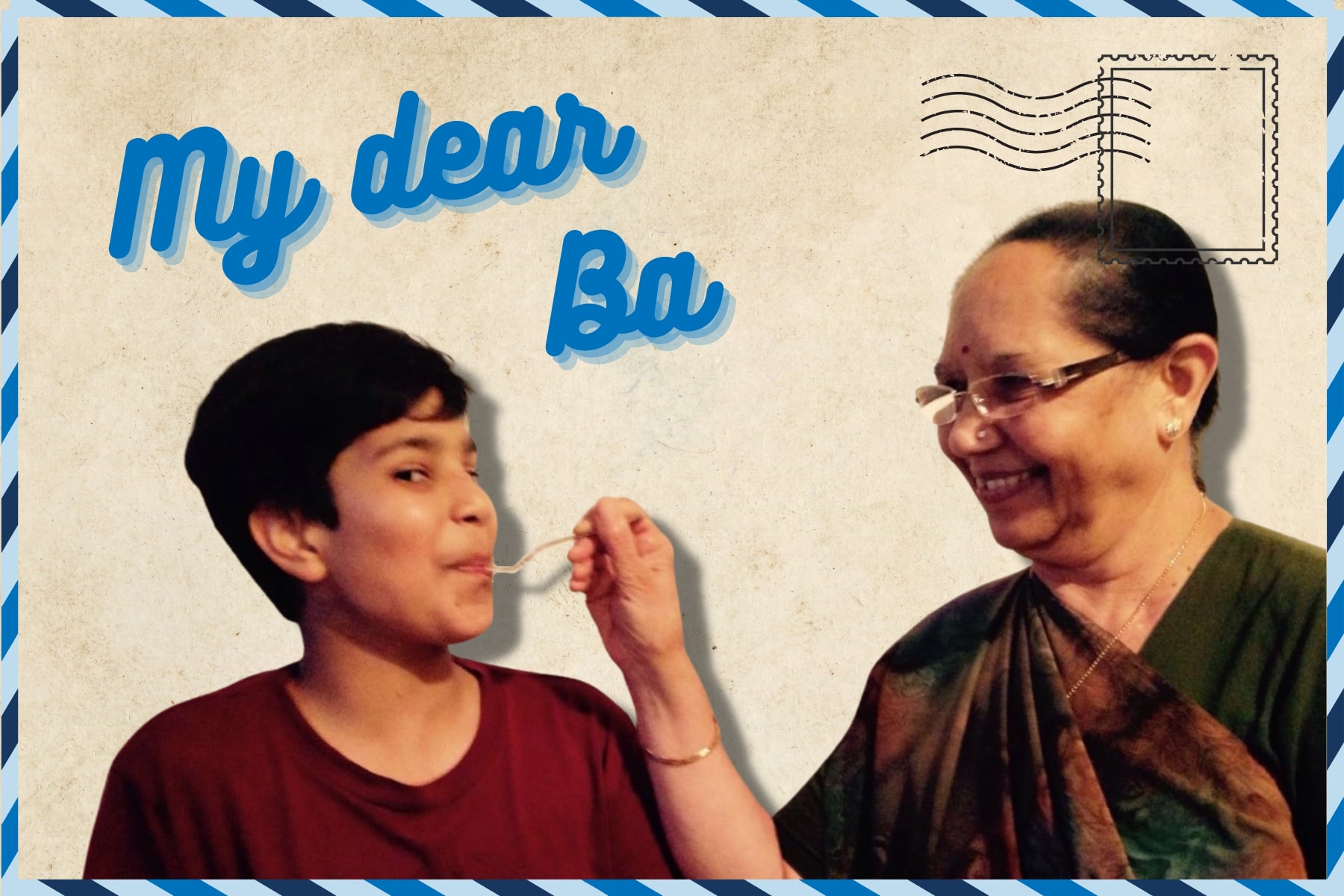Czech volunteer family's offer of help leads to firm friendship
Czech volunteer family's offer of help leads to firm friendship

PRAGUE, Czech Republic – A dancing princess in a tiara and a pink dress opens the door excitedly when the Grundy family rings the bell of an apartment in a Prague housing development.
Watched by her parents, the princess – a young Syrian girl wearing her favourite costume – hugs the visitors, two-year-old playmate Kilian and his parents, Czech volunteer Sarka and her British husband, Angus. Lively chatter and hugs all round testify to the closeness of the two families.
“This has become a real friendship,” says Sarka later. The original agreement was for her to help Syrian refugees Farid* and Wafa* for six months but now, long past beyond the allotted time, she jokes: “No one can stop us being friends.”
The two couples met through a programme sponsored by UNHCR, the UN Refugee Agency, which pairs Czech volunteers with refugees who need help learning the ropes in their new country. A website maintained by a UNHCR partner, Organization for Aid to Refugees (an NGO that goes by its Czech abbreviation OPU), has so far managed to find a volunteer for every refugee who wants one.
Volunteers help refugees navigate their way through the bureaucracy and learn Czech ways of doing things, but Sarka says this family has needed little practical assistance.
“It’s a mutually rewarding process.”
“It’s a mutually rewarding process,” Sarka says of her volunteer experience. “We have learned so much about their culture. It’s not very nice to say, but we see (Farid and Wafa) more often than some of our old friends.”
Farid and Wafa are not the real names of the Syrian couple in their thirties. They have been in the Czech Republic for almost five years but are still reluctant to disclose their identities, fearing reprisals against relatives in Syria.
Sarka had worked in IT marketing until increased numbers of refugees arriving in Europe in 2015 persuaded her that it was “time to do something more active”. She is fluent in English and first became a volunteer translator for a human rights organization in the Czech capital. After the birth of Kilian, her second child, she told her British husband it was time to do more.
“’What do you want us to do, bring a refugee to live in our home?’” Angus recalls asking.

He hailed the personal approach of the Czech volunteer programme. “It’s telling somebody they can do something for one family, just help one family. There are certainly enough families to go around”.
The Czech Republic hosts a relatively small number of refugees – just 128 officially recognized in 2017, up to the end of October.
He does not like calling the volunteer programme a project, rather a way of making friends. “If enough people would do it, there would not be a need for this programme.”
“We needed people around us.”
It was a lifeline for Wafa, living in a strange country and trying to cope with everyday life in a foreign language while her husband was out working.
“At first the most important thing was that we needed people around us,” she recalls. “We are here and we didn’t know anybody.”
Husband Farid admits he “expected some kind of superficial and official meeting” and was happy to be proved wrong when the two families met in November 2016.
As their daughter Hiba, the princess, dances around the room with Kilian, the pair reflect on what they left behind when they fled the war in Syria, how difficult the transition had been and how their hopes rest on a better future for their daughter.
“When a refugee or asylum-seeker comes here, he may find a job but it is always below our level,” says Farid.
He has learned Czech but his professional qualifications from Syria are not recognized, so he works on a factory production line. He hopes one day to leave the “refugee” label behind. Out of fear for his family in Syria, Farid asks that his home town and profession be omitted.
“We want to become like ordinary people,” says Farid. Ordinary people with some very good Czech friends.
* Names changed for protection reasons









